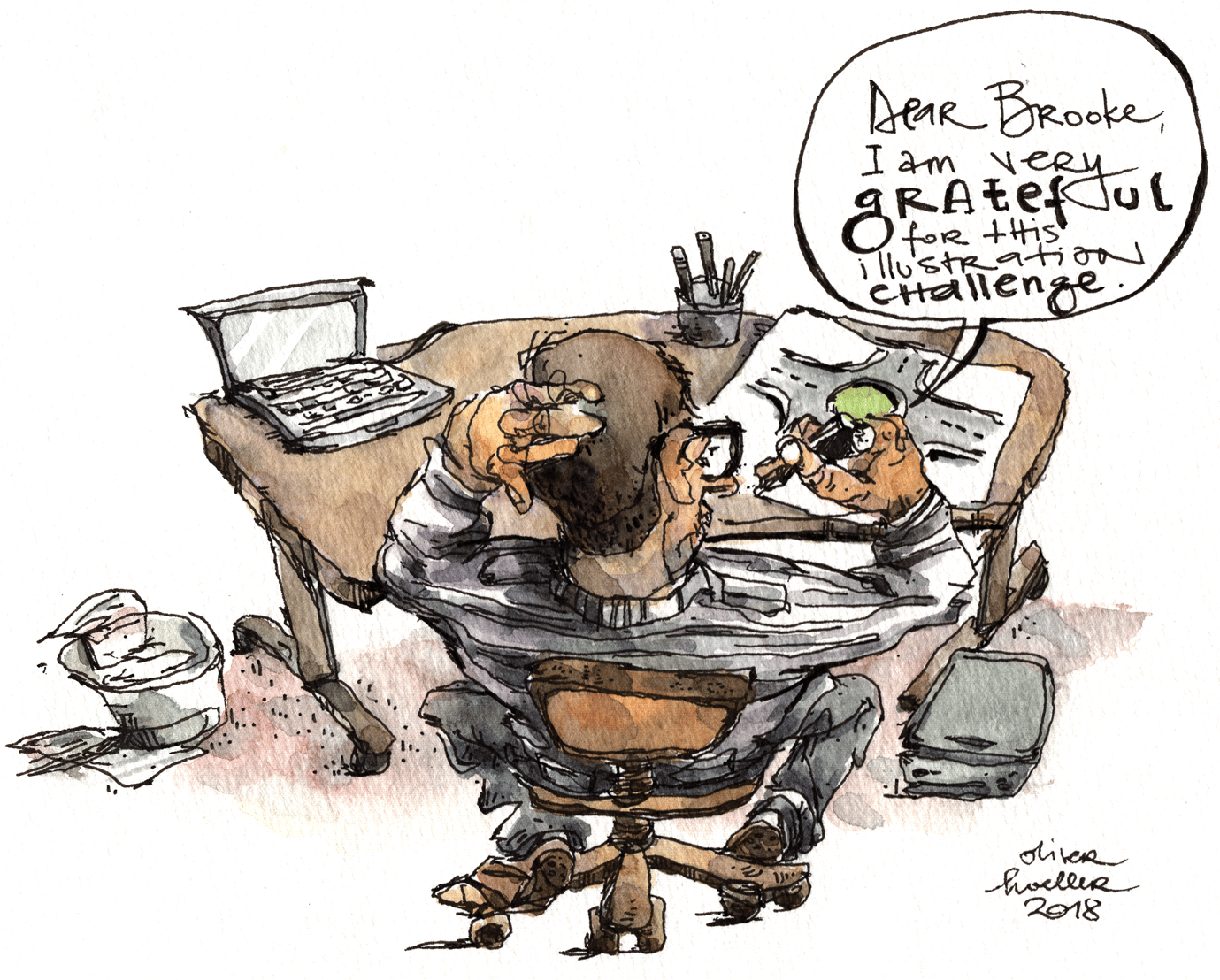

What we say and what we mean in our responses to reviewers.
Diplomacy is becoming a bit of a lost art on the world stage at the moment, but it’s one that scientists still routinely practice. Politely replying to a paper’s reviewers, often through gritted teeth and with white knuckles, tends to produce some phrases that would grace any ambassador’s speech. TIRsamples a few.
| What authors write: | What authors mean: |
| We were surprised at the reviewer’s reaction to these data… | We believe that this reviewer is a very unhappy person right now and taking it out on us. |
| We would prefer not to implement… | We’re not going to do it. Not unless you force us. |
| We are very grateful to the reviewer… | We are not grateful at all. |
| We would like to thank the reviewer for bringing this to our attention. | That was the interpretation we were trying to sweep under the carpet. |
| We feel that this would be outside the scope of the present work. | The reviewer is trying to make us produce a whole second paper. |
| We had accidentally overlooked this publication… | Oh man, you totally saved us from making fools of ourselves. |
| We have added the requested citations. | We have cited the reviewer’s own papers, which we disagree with. |
| We have incorporated the model suggested by the reviewer. | We have now included the reviewer’s pet theory, but we still don’t believe it. |
| We respectfully disagree with the reviewer’s assessment. | The reviewer is our main competitor. |
| We were pleased that two of the three reviewers were enthusiastic about the paper. | We're just going to ignore the hostile reviewer. |
| This point was actually addressed in the earlier paragraph. | The reviewer has clearly not read the paper carefully enough. |
| Reviewer 1 raised a large number of issues, but these were mostly small corrections. | Reviewer 1 is a postdoc. |
| We have implemented the small number of suggestions made by the reviewer. | We love this reviewer! Why can’t all reviewers be like this? |
| As requested, we have moved these data to the supplementals | We really don’t care any more. Just please, please accept it for publication. |
| We feel it would be premature to… | That’s the start of our next paper. |
| It had not escaped our notice that… | It had totally escaped our notice that… |
| Due to space constraints… | We can’t be bothered to include this. |
| We were delighted at the reviewers’ assessments. | This was the best pampering we've ever had. |
| The reviewer has already made this point once before. | This review was written by multiple people in one group who took turns trashing it. |
| We feel that inclusion of the data from this control would be superfluous. | That experiment was done by a rotation student and it looks terrible. |
| As was stated by Shaw et al, 1923… | You think you can out-reference us? Brace yourself! |
| This feedback was not terribly constructive. | Seriously, who let this animal off its leash? They’re psychotic. |
| We feel that speculating on this point would be unproductive. | We’re not going to tell you what experiments we’re doing next. |
| We have removed our speculation on this point. | Fine, be boring and unimaginative. We don’t care, we’ve got ideas to burn. |
| Repeating the experiments in another species would be beyond the scope of the present work | The reviewer has only skimmed the manuscript and this was the best they could come up with. |
| We have, as requested, re-arranged and cropped all the images and put scale bars on every one. | Why are microscopists so unbelievably fussy? |
| Upon consideration, we decided to remove this panel from the figure. | We realised that we’ve lost the raw data so we can’t rebut your point. |
| We do not think that adding more data would develop this point. | The first author is no longer in the group and nobody else knows how to do the assay. |
| Implementing this request would be far from trivial. | Our collaborator is refusing to do it. Do you want to try and persuade them? We can’t. |
| The reviewer may be underestimating the difficulty of this request. | If they actually understood the technique, they would realise that what they are asking for is literally impossible. |
| We would like to thank the reviewer for their constructive and balanced critique. | Hallelujah! For once, somebody actually knows how to do this job properly. |
| We think this criticism was rather unfair. | You made the first author cry. |
Acknowledgements: Graham Warren and Oliver Hoeller, for suggestions and feedback.
Originally published (with more profane language) in Total Internal Reflection - here.





Join the FEBS Network today
Joining the FEBS Network’s molecular life sciences community enables you to access special content on the site, present your profile, 'follow' contributors, 'comment' on and 'like' content, post your own content, and set up a tailored email digest for updates.